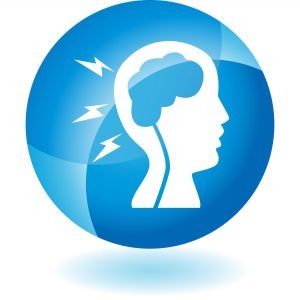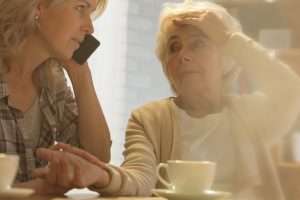Strokes by Gender
Women have an overall higher risk for having a stroke and typically do worse when they do have one. Gender disparities were studied in Stroke and they found that women have more activity limitations, poorer quality of life, and more depression than men.
The authors of the study felt that these differences were probably due to women having strokes at an older age on average and that they were twice as likely to live alone as compared to men. Living alone led to less social support, loneliness, and depression.
Risk Factors for All Genders
There are four risk factors that affect all genders equally. These are:
- Obesity
- Smoking
- High Blood Pressure
- High Cholesterol
Three other risks affect everyone but women have an overall higher chance of having a stroke because of them and a more severe one if they do. These are:
- Diabetes
- Abnormal Heart Rhythm (Atrial Fibrillation)
- Migraines with auras (visual disturbances).
Risk Factors for Women Only
The women only risk factors vary from high risk to not much of a risk but any risk at all should be watched as strokes can be extremely deadly and/or debilitating. Looking at these risk factors it is fairly obvious why they apply to women only — because only women do/have these things. Let’s go through all of the risks below:
Hormone Therapy
Hormones for contraception, heavy menstruation, and menopause all elevate the risk for stroke. This was even more common and serious when hormones first became available to women many decades ago. The level of hormones prescribed now is much less and that has no doubt affected the rates of stroke but it has not been eradicated totally. So, if you are taking hormones be sure to check in with doctor on a regular basis and be sure to find out what kinds of stroke signs or symptoms you would have that could be related to the hormone therapy.
In addition, be aware that if you are on hormones your risk level goes up if you also have any of the risks above — e.g. obesity, smoking, diabetes, high blood pressure, or migraines with aura.
Age at Menstruation and Age at Menopause
The earlier a woman started menstruating or went into menopause (or both) increases her risk of having a stroke when she gets older.
Starting your period before you turned 11 or if you went into menopause before you turned 45 have both been linked to a higher stroke risk. The loss of estrogen due to the onset of menopause contributes to an increased risk of stroke and overall cardiovascular disease.
Pregnancy Complications
This is interesting but not surprising if you think about it. A woman’s risk of having a stroke goes up when she is pregnant and especially is she has any kind of complications during the pregnancy like high blood pressure, diabetes, or pre-eclampsia or eclampsia (hypertension and protein in the urine).
What’s especially interesting is that even though these issues typically go away after the pregnancy is over the woman’s stroke risk doesn’t – it remains as a continuing risk through the rest of her life. And if she had eclampsia or pre-eclampsia her stroke risk goes higher by 80 percent for the rest of her life over women who have no such history.
Gender Differences
Women are less likely to get screened and/or treated for the stroke risks above even though they have more of them. Women take longer to get themselves to the hospital which we know can be fatal in the case of a stroke.
And finally, to repeat what I started with, on average women live longer than men and consequently do worse when they have a stroke at an older age. Their increased risks are related to higher numbers of women living alone, with activity limitations, poorer quality of life and the resulting depression that affects them due to these lifestyle items.
If you have a friend, relative, or neighbor who is by herself (or himself) do them and yourself a favor and look in on them, call / visit, and help them to get out on a regular basis. You will be helping them to stay healthy and involved and it will give your brain a positive endorphin rush to do something good for someone else!
Listen to my podcast for more information on Stroke signs and how you could save someone’s life!